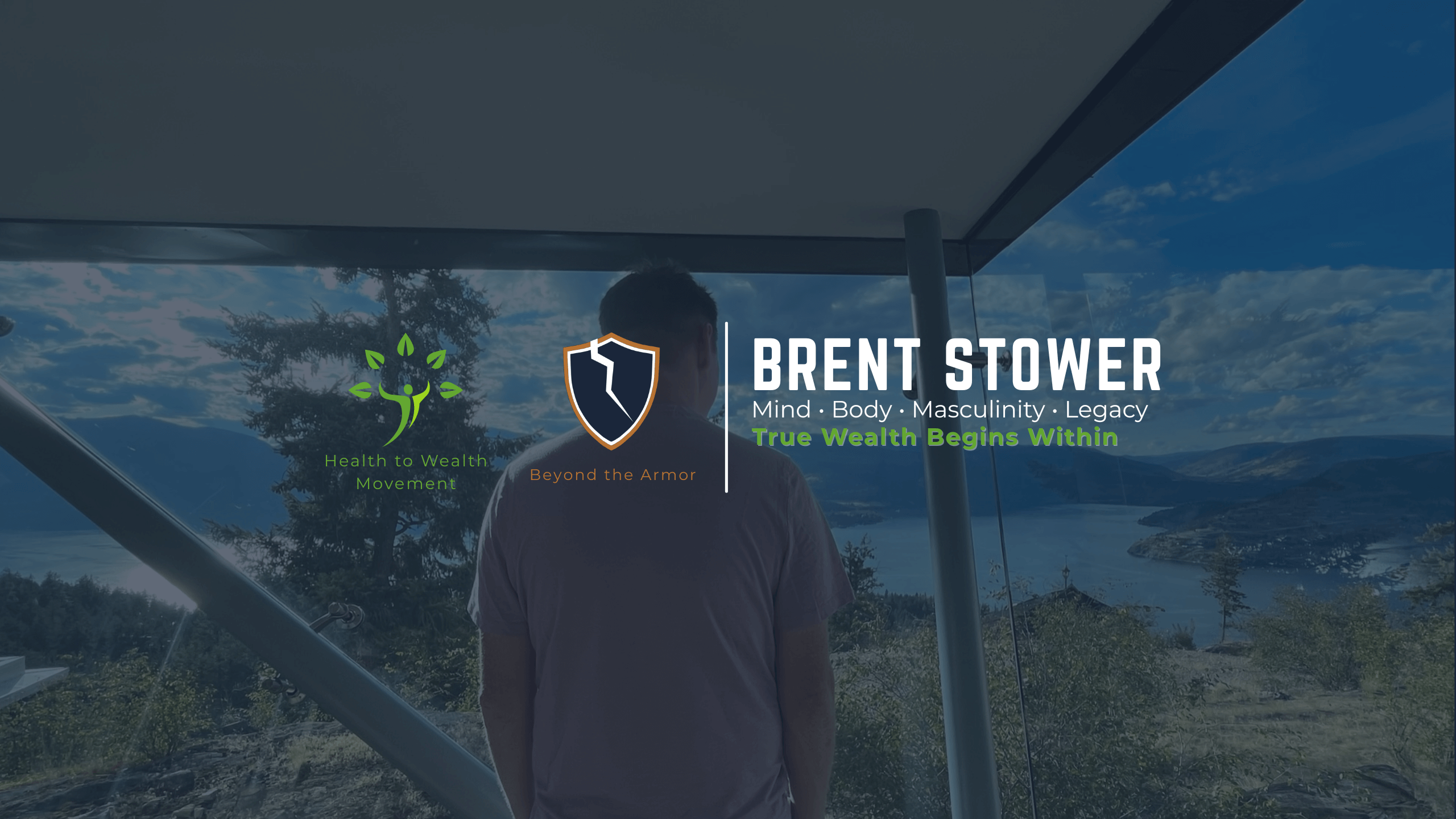
In hypnotherapy, identifying and aligning one's values and beliefs is crucial for understanding life patterns that dictate daily experiences. Subconscious influences often guide how individuals approach challenges, relationships, and goals. By bringing these influences into awareness, one can make meaningful corrections, leading towards growth and fulfillment.
Beliefs serve as the filters through which the world is interpreted, often rooted in childhood experiences and societal norms, and they can either empower or restrict an individual. Values are the principles that guide decisions and actions, and when they are misaligned, feelings of frustration or imbalance may arise. Recognizing life patterns, especially those linked to societal expectations around masculinity, offers a chance to reflect and realign values with actions for improved well-being.
Achieving self-awareness is the first step in transforming life patterns and empowering personal growth. Practical strategies include journaling to identify patterns, reflecting on core values, examining beliefs, and seeking professional support when needed. By challenging masculine stereotypes and embracing authentic values, individuals can rewrite their narratives, contributing to a broader cultural shift toward emotional well-being.

Many individuals experience recurring issues such as making the same mistakes, getting triggered by similar situations, or feeling disconnected from their goals, often due to blind spots in self-awareness. These blind spots are unseen areas of our personality, behavior, and emotions that can limit growth and create barriers such as self-doubt and recurring relationship conflicts. Addressing these hidden aspects is crucial, as ignoring them can result in anxiety, frustration, and low self-worth, ultimately keeping individuals from reaching their potential.
Hypnotherapy offers a promising approach to dealing with these blind spots by providing a deeper understanding of underlying beliefs, emotional wounds, and limiting patterns within the subconscious. By unlocking emotional triggers and breaking limiting beliefs, individuals can replace automatic responses with empowering behaviors, heal past emotional wounds, and enhance self-awareness. Combining hypnotherapy with self-reflection practices like journaling can bring hidden aspects to light, allowing people to live more aligned with their true values.
Uncovering blind spots can be transformative, offering improved relationships, enhanced confidence, and mental clarity. It empowers individuals to break free from unconscious patterns, allowing for more effective communication and stronger connections in relationships. This newfound clarity enables people to identify what truly matters, boosting their confidence and guiding them toward their goals without the weight of self-doubt or emotional triggers. Whether through workshops or individual sessions, exploring therapeutic tools like hypnotherapy can be a powerful step toward personal growth and transformation.

Personal development is often seen through the lens of achieving external goals and career success, but a key aspect that is frequently overlooked is self-awareness. The process of self-discovery involves acknowledging internal barriers, mental blocks, and understanding one’s values and beliefs. It requires an honest reflection on oneself to identify and address emotional challenges and past traumas to truly move forward.
Self-awareness is foundational to enhancing emotional intelligence, which improves relationships, communication, and decision-making by recognizing and managing emotions effectively. By understanding personal biases and aligning decisions with core values and true goals, self-aware individuals can make informed choices and nurture healthier relationships. Moreover, self-awareness facilitates personal growth, enabling set realistic and impactful goals while enhancing emotional resilience and stress management.
Cultivating self-awareness involves practices like mindfulness, meditation, journaling, and seeking feedback. Mindfulness practices such as mindful breathing, body scan meditation, and mindful observation can significantly enhance mental clarity and emotional stability. Journaling serves as an introspective tool, revealing areas for change through self-reflection. Ultimately, self-awareness is an ongoing journey that encourages living with intention, fostering personal and professional development, and leading a more meaningful life.

What if the key to unlocking your deepest potential was already within you? Imagine living each day fully present, no longer on autopilot, but attuned to the subtle emotions, thoughts, and behaviors that shape your life. This is the power of mindfulness. In this blog, we'll explore how mindfulness can help you break free from old patterns and develop deeper self-awareness. With practical tips, techniques, and personal experiences, you'll discover how mindfulness is more than just a trend – it’s a tool for mastering your inner world.
Read more...
Self-awareness is a crucial aspect of personal development, serving as the foundation for emotional intelligence, better decision-making, enhanced relationships, and overall mental health. By understanding your own character, feelings, motives, and desires, you can make more informed choices, foster healthier interactions, and manage stress more effectively. Internal self-awareness involves reflecting on your inner thoughts and values, while external self-awareness focuses on how others perceive you, both of which are essential for personal and professional growth.
Common obstacles to self-awareness include blind spots, cognitive biases, and the fear of self-reflection. Blind spots are aspects of your personality that you may not recognize but are evident to others, often revealed through feedback. Cognitive biases can distort reality and prevent accurate self-assessment, while the fear of self-reflection can impede progress by forcing you to confront uncomfortable truths. Overcoming these challenges allows for deeper understanding and meaningful life changes.
Strategies to cultivate self-awareness include mindfulness, meditation, journaling, and seeking feedback. Practicing mindfulness helps you live in the moment and understand your current emotions, while journaling facilitates reflection on your thoughts and feelings. Seeking feedback offers an external perspective, helping to illuminate blind spots. Engaging in these practices continuously fosters ongoing self-discovery and growth, paving the way for a more impactful and authentic life.





